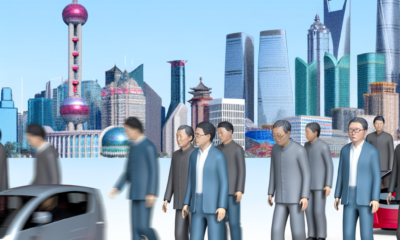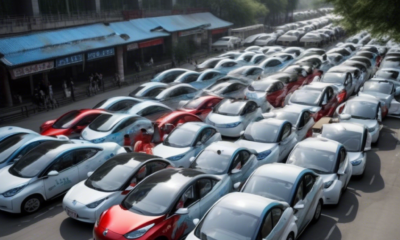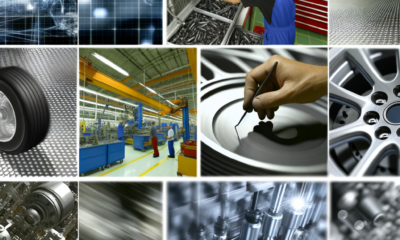China
Driving the Future: China’s Ascension as the Largest Automotive Market Fueled by EVs, Joint Ventures, and Strategic Innovation
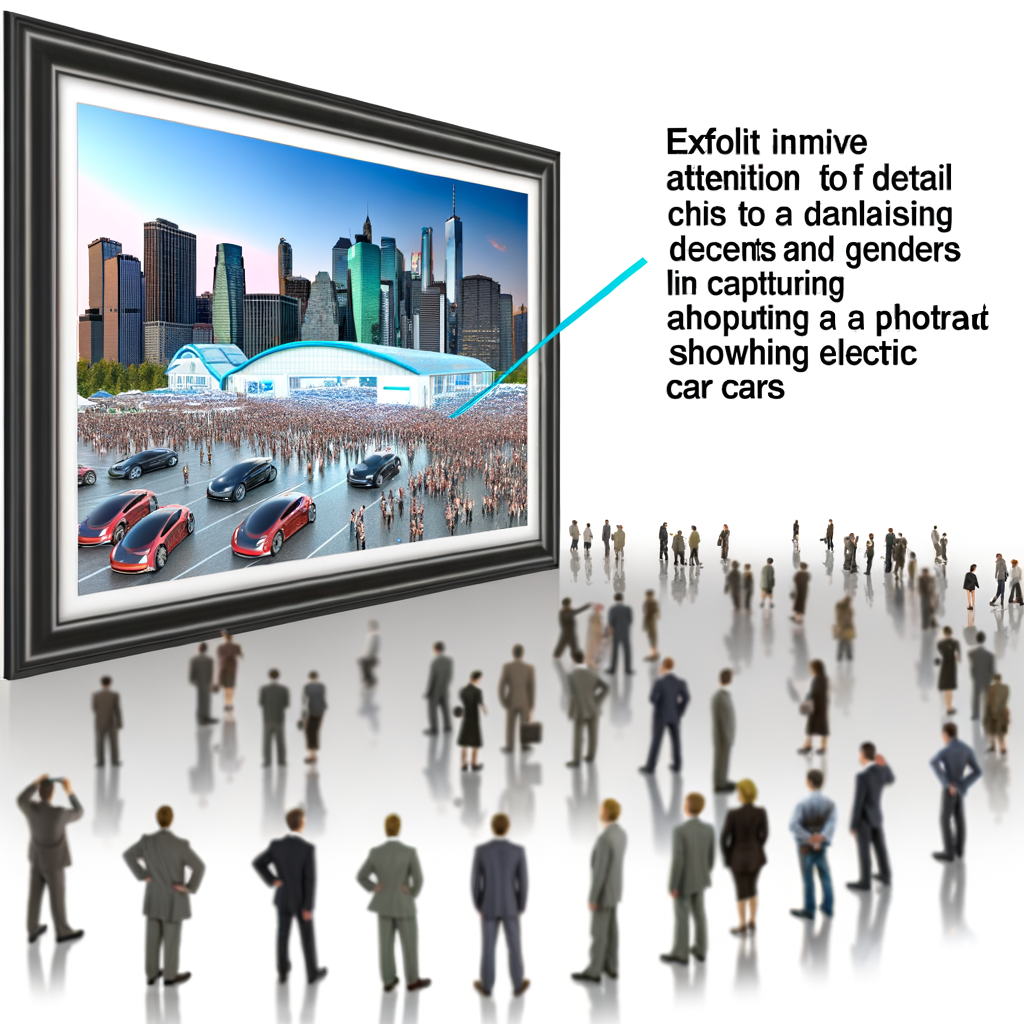
China has risen to become the world's top and largest automotive market, driven by its growing economy, urbanization, and an expanding middle class with a high demand for both domestic car brands and vehicles from foreign automakers. The shift towards electric vehicles (EVs) and new energy vehicles (NEVs) highlights China's leading role in automotive innovation, fueled by environmental concerns and substantial government incentives. Strategic partnerships and joint ventures are essential for foreign companies to navigate China's regulatory landscape and tap into its vast consumer base. Consumer preferences are increasingly shifting towards technologically advanced, environmentally friendly vehicles, in line with a global trend towards green transportation. The regulatory environment favors the growth of EVs and NEVs, spurring market competition but also promoting collaboration to achieve China's environmental objectives. This growth underscores China's commitment to innovation, strategic foresight, and a mix of consumer demands, government support, and partnerships that continue to shape the global automotive industry.
In the fast-paced world of global commerce, the China automotive market stands as a colossus, unmatched in its scale and speed of growth. As the largest automotive market, both in terms of production and sales, China has firmly established itself as a formidable force in the global automotive industry. This dynamism is fueled by a rapidly growing economy, a burgeoning middle class, and increasing urbanization, factors that collectively have propelled China to the forefront of automotive innovation and market competition. With an insatiable appetite for both domestic car brands and foreign automakers, the Chinese market's unique blend of consumer preferences, government incentives, and environmental concerns has created a fertile ground for the rise of Electric Vehicles (EVs) and New Energy Vehicles (NEVs), marking a significant shift in the industry's trajectory.
Navigating this terrain, however, requires a nuanced understanding of China's complex regulatory landscape and the strategic partnerships that foreign and domestic players must forge to thrive. Joint ventures, in particular, have become a critical strategy for accessing China's vast consumer base, allowing global giants and local legends to collaborate in ways that reshape the market. This intricate dance of innovation, regulation, and collaboration is further influenced by technological advancements and global economic trends, making the China automotive market a highly competitive and dynamic arena.
As we delve into the intricacies of this automotive powerhouse, from the surge in EV and NEV popularity to the strategic alliances that fuel success, we unpack the multifaceted factors driving China's automotive industry forward. Understanding these elements is essential for anyone looking to navigate the promising yet challenging landscape of the world's top automotive market. Through exploring topics such as the role of government incentives, the evolution of consumer preferences, and the impact of technological and environmental innovations, this article provides a comprehensive overview of the forces shaping the future of mobility in China.
1. "Navigating the Terrain: How China Became the World's Top Automotive Powerhouse"
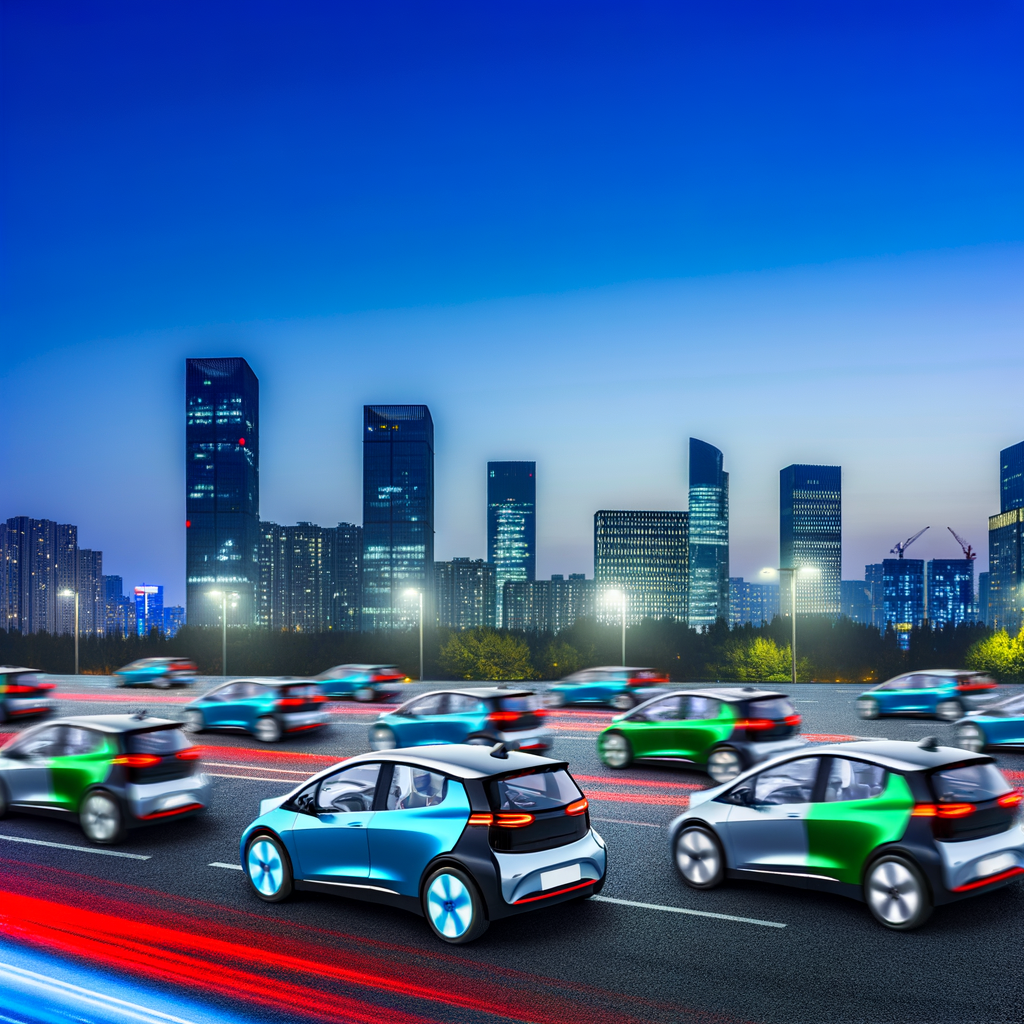
Navigating the complex and rapidly evolving terrain of the global automotive industry, China has emerged as the world’s top automotive powerhouse, holding the title of the largest automotive market. This remarkable ascent is underpinned by a confluence of factors, including a growing economy, burgeoning middle class, and accelerated urbanization, all of which have fueled an insatiable demand for both domestic car brands and foreign automakers' models. The Chinese market's distinct preference for electric vehicles (EVs) and new energy vehicles (NEVs) has further cemented its position at the forefront of automotive innovation, driven by environmental concerns and substantial government incentives.
The strategic partnerships through joint ventures between foreign automakers and local Chinese companies have been instrumental in navigating the country's complex regulatory landscape. These collaborations allow international brands to access the vast Chinese consumer base while adhering to local policies and benefiting from the insights of domestic players. The emphasis on electric vehicles and NEVs, supported by government incentives, not only aligns with global environmental trends but also positions China as a leader in green transportation solutions.
Consumer preferences in China have played a significant role in shaping the automotive market, with a notable tilt towards technologically advanced, environmentally friendly vehicles. This shift is a response to rising environmental concerns among the Chinese populace and the government's aggressive push towards reducing carbon emissions. Technological advancements within the automotive sector have been both a response to and a driver of these consumer preferences, with companies continually innovating to meet the demands of a highly competitive market.
The regulatory landscape in China, characterized by its unique challenges and opportunities, has required foreign and domestic automakers to be highly adaptive and strategic. Government policies and incentives designed to promote the adoption of EVs and NEVs have reshaped the market, creating a more level playing field for newer, greener technologies. This has spurred intense market competition but also opened avenues for strategic partnerships and collaborative efforts between companies to meet the ambitious goals set by the Chinese government.
In conclusion, China's rise to become the largest automotive market globally is a multifaceted story of economic growth, urbanization, strategic foresight, and a commitment to technological and environmental advancements. The country's focus on electric and new energy vehicles, supported by a blend of consumer preferences, government incentives, and innovative partnerships, has not only defined its domestic automotive landscape but also its role as a global automotive leader. Navigating this terrain requires a deep understanding of the local market dynamics, regulatory environment, and the evolving needs of the Chinese consumer, which together shape the strategic decisions of automakers operating in this lucrative but challenging market.
In conclusion, the journey of China to become the world's top automotive powerhouse is a narrative of unparalleled growth, innovation, and strategic maneuvering within the largest automotive market. This ascent has been fueled by a confluence of factors including a rapidly growing economy, an expanding middle class, accelerated urbanization, and significant environmental concerns that have collectively shaped consumer preferences. The market's dynamism is reflected in the high demand for both domestic car brands and foreign automakers, with the latter often entering the fray through joint ventures to navigate the complex regulatory landscape. The surge in interest for electric vehicles (EVs) and new energy vehicles (NEVs) is a testament to the changing tides of consumer preferences, heavily influenced by government incentives aimed at fostering a greener future.
The Chinese automotive sector's competitive edge is sharpened by its openness to technological advancements and strategic partnerships, which are essential for any player looking to make a mark in this vibrant market. Understanding the intricacies of the regulatory landscape, aligning with consumer preferences, and staying abreast of technological advancements are crucial for success. The China automotive market, with its blend of challenges and opportunities, continues to be a beacon for both domestic and foreign automakers. As the market evolves, driven by government policies, environmental concerns, and global economic trends, it remains a dynamic arena of market competition and innovation.
The significance of the China automotive market in the global arena cannot be overstated. Its role as a catalyst for the adoption of electric vehicles and new energy solutions sets a precedent for other markets to follow. For businesses and investors, the Chinese market represents a landscape rich in opportunities, albeit one that requires a deep understanding of its unique characteristics. As the market continues to grow and evolve, the emphasis on strategic partnerships, adaptability, and innovation will be key to unlocking the potential of the world's largest automotive market.
Discover more from Automobilnews News - The first AI News Portal world wide
Subscribe to get the latest posts sent to your email.
















